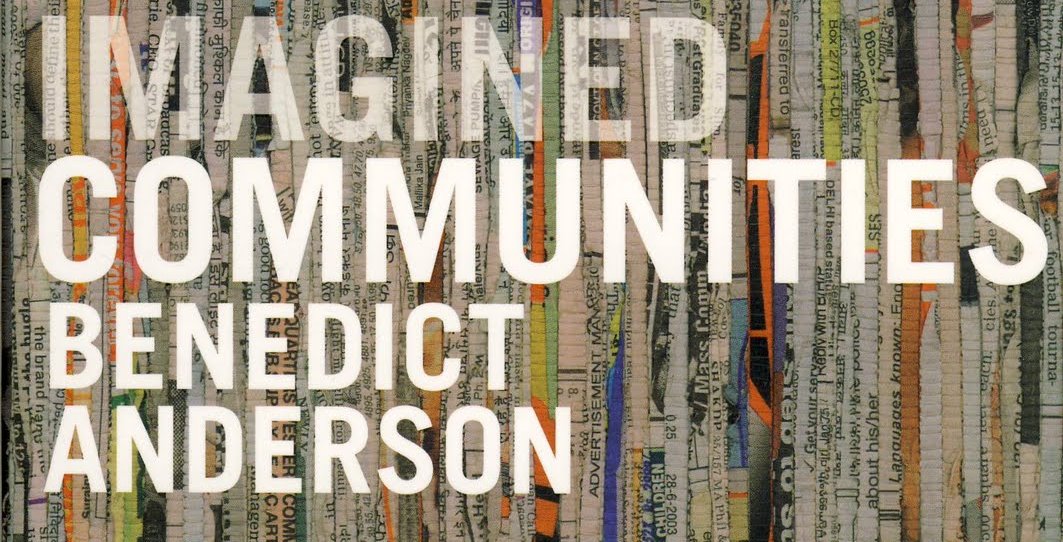Coming up to the 50th Anniversary of Bangladesh. What is its impact and meaning to the lives of British citizens whose family origins are from now present-day Bangladesh? A personal reflection.
Most people, I talk to when they think about their identity, think about themselves, their parents and grandparents. And how much of how they self-identified is still within them. The village of my ancestors, located seven miles south of the provincial capital of Sylhet, first found themselves subjects of the Delhi Sultanate, then the Bengal Sultanate, then the Mughal Empire, then the East India Company, then British India. After independence, citizens of The Union of India, then Pakistan and now Bangladesh, At each time the villagers would have had to imagine themselves in the circumstances imposed upon them by others.
As a student at SOAS, I came across academic explanations for this phenomenon, that all nations, peoples and even races, being social constructs. In particular, the works of Benedict Anderson – ‘Imagined Communities’, the thesis being nations and peoples are socially constructed, a phenomenon occurring with the start of the Industrial Revolution. Eric Hobsbawm – ‘The Invention of Tradition’, argues that many “traditions” which “appear or claim to be old are often quite recent in origin and sometimes invented and Ernest Gellner – ‘Nations and Nationalisms’.
What I learned in SOAS, had particular relevance to my own personal history. My father was born in British India in 1930, then in the Indian Province of Assam. Then on the 6th of July 1947 following a referendum, he was part of the Indian Province of Bengal. The month before the Constituent Assembly of Bengal decided to divide Bengal into two provinces, East and West Bengal. A year later my father found himself in Pakistan and the province of East Pakistan without ever setting foot outside his village. In 1951 he came to the United Kingdom, and soon afterwards acquired British citizenship. In 1971 East Pakistan became Bangladesh. Since 1971, there have been ongoing debates as to the nature of the state of Bangladesh, Muslim (religious); Bangladeshi (Geographic) or Bengali (ethnic/linguistic). With none of these debates/definitions being settled, he was buried in a country called Bangladesh in 2012.
Francis Deng in his book, War of Visions: Conflict of Identities in the Sudan, stated, “Identity is used in this book to describe the way individuals and groups define themselves and are defined by others on the basis of race, ethnicity, religion, language, and culture” This is pertinent in my current context as a resident of Tower Hamlets. Tower Hamlets has the largest and oldest continuous Muslim community in Western Europe, locally the identity that is thrown on me by ‘others’ is Bangladeshi, nationally it is Muslim. Muslims have been coming to the East End of London for nearly 400 years, starting with the commercial activities of the East India Company. The oldest literary record is that, of the Bengali Muslim I’tisam-ud-Din who arrived in Britain in 1766, and published his experience in 1785 ‘Shigurf Namah i Vilayat’, (The Wonders of Europe).
When I talk to friends we describe ourselves as British. Contrary to the labelling and thinking of ‘others’, being a Muslim is a personal choice of faith and Bangladesh is where our ancestors came from, but the United Kingdom is our home and our imagined community. Being in London, for some friends the imagined community was Europe but in January it will just be Britain.
However, I and others will be celebrating the 50th anniversary of Bangladesh, as a celebration of the universal right of self-determination, stating that all nations and peoples are social constructs is not the same as denying their right of nationhood and self-determination. One is an epistemological exercise the other is upholding universal human rights.
As an Internationalist, this celebration does not preclude me from being critical of human rights violations in Bangladesh, for example, the mistreatment of minorities within the country, from the Bihari Urdu speaking community in Dhaka to the Rohingya Refugees in the Chittagong region. Human rights apply to all, and are universal. Upholding one set of rights should not infringe on another set.


Recent Comments